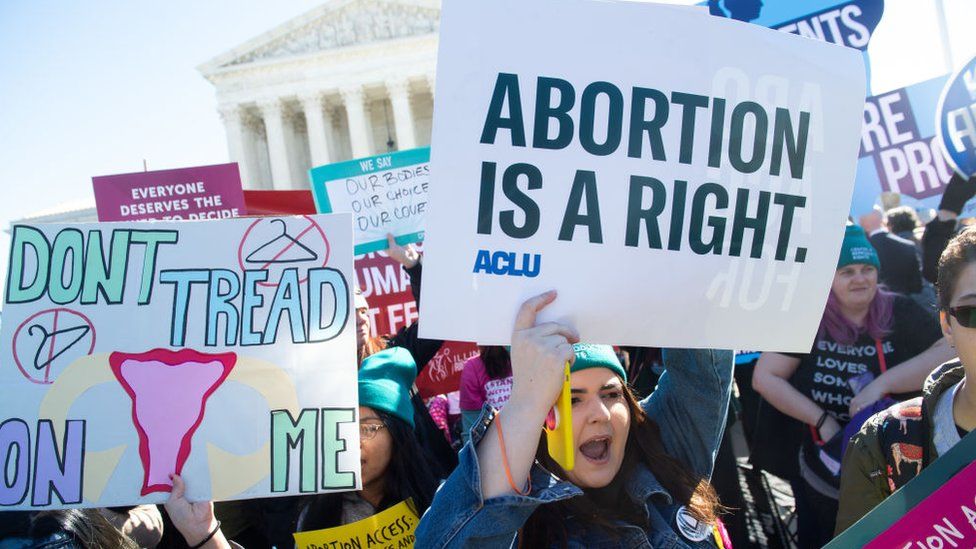Protesters are growing outside the barricaded U.S. Supreme Court to fight the decision to overturn Roe v. Wade, the landmark 1973 ruling that cleared the way for legal abortions in the United States. The high court released its final decision this morning, and it differs little from the leaked draft decision that emerged back in May. Dozens of states are poised to enact bans on abortion as a result of the decision; many already have such laws on their books despite polls that suggest a majority of Americans support abortion rights. President Joe Biden and others in his administration have warned that overturning Roe vs wade would open the door to decisions that would erode other high court precedents, including on same-sex marriage and contraception.
BC General Employees’ Union (BCGEU) workers say they are willing to walk off the job if contract demands are not met by the province’s Public Service Agency. Following a month-long vote, nearly 95 per cent of the workers said they would be prepared to strike over their collective agreement, which is set to expire.After it was announced, the union says the province invited stakeholders back to the table, with negotiations set to start Monday. Citing the high cost of living and inflation rates in B.C., the union says members are seeking wages which will have cost of living protection, in order to continue recruiting and retaining staff. The Government of B.C. released a statement, saying they believe an agreement will be reached through collective bargaining.
Canada’s top court is allowing a constitutional challenge to go ahead against a law authorizing the forcible treatment of involuntary psychiatric patients in British Columbia. The unanimous ruling follows a six-year battle by an advocacy group asserting a right to bring the challenge on behalf of psychiatric patients, without the involvement of individuals directly affected by the law. It said public interest standing allows individuals or organizations to bring cases before the courts even though they are not directly involved in the matter and even though their own rights are not infringed. Chief Justice Richard Wagner wrote on behalf of the court that it can therefore play a pivotal role in litigation concerning the Charter of Rights and Freedoms, where issues may have a broad effect on society as a whole.
A Canadian Federation of Agriculture vice-president says any spike in inflation, as well as the cost of gas and diesel, hits rural Canadians the hardest. Keith Currie says people in rural areas don’t have access to public transit so they end up paying disproportionately more for fuel because they have to drive everywhere. The Canadian Union of Postal Workers wants Canada Post to increase the allowance for its rural workers who have seen their out-of-pocket cost of delivering packages on rural routes double.


